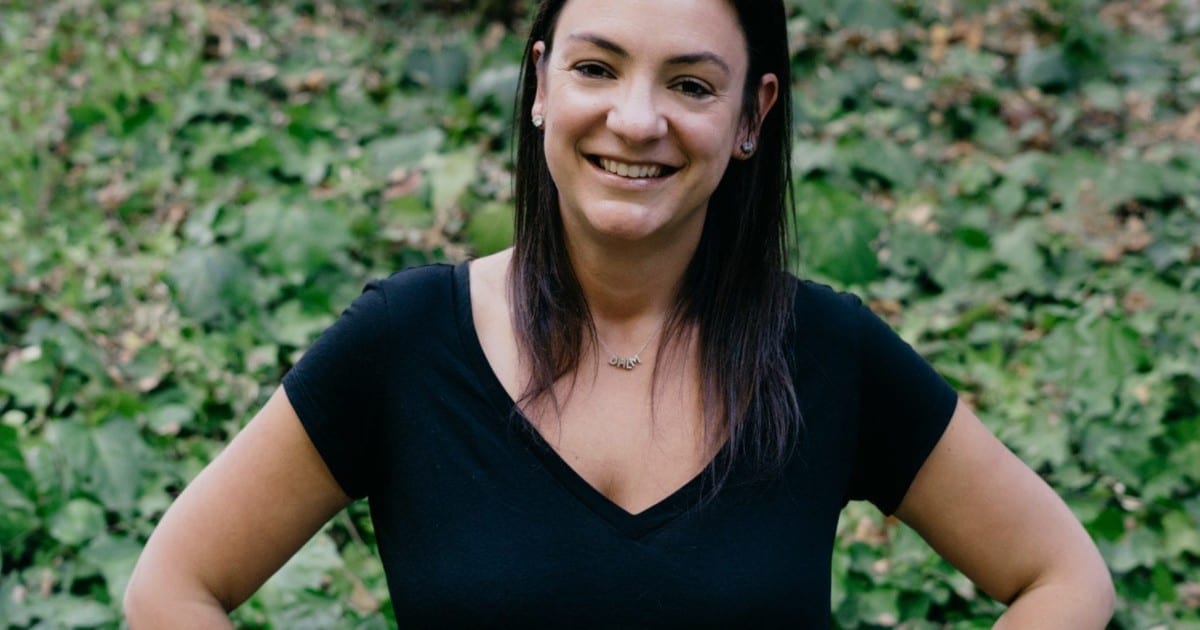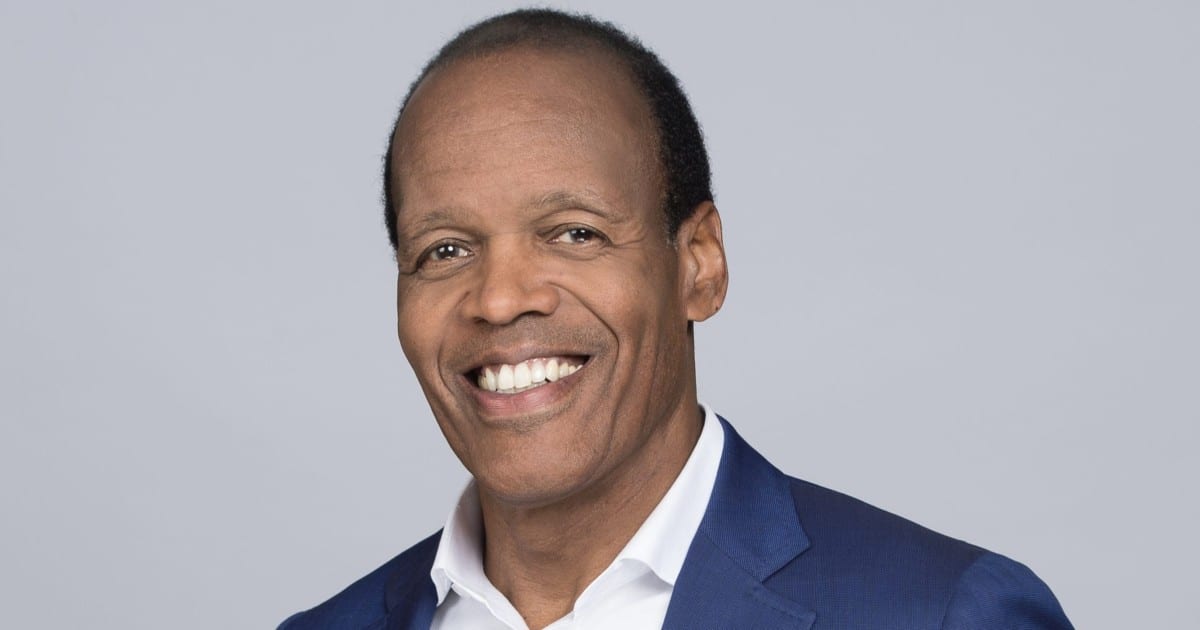The growing national mental health epidemic among college students has been well-documented over the past decade, and, in response, many universities have significantly expanded their support and infrastructure to respond to students in distress, including increased staffing at mental health clinics, the creation of campus-wide committees on student crisis intervention, and expanded case management services. However, due to the difficult and complex realities of managing student and community safety around mental health crisis, colleges and universities have relied on law enforcement to fill these gaps, mirroring the process occurring in society more broadly, where law enforcement remains a cornerstone of mental health crisis risk management on many, if not most, college campuses.
The current sociopolitical climate, including the COVID-19 pandemic, the Black Lives Matter movement, and student demands for more equitable care, highlight that now more than ever, mental health providers should to be at the forefront of mental health crisis response on campus. The association between mental health treatment and policing often contributes to the stigmatization and criminalization of mental illness and exacerbates inequities in access to care. For students of color and marginalized identities, for whom there are widely documented disparities in access and utilization of care, the prospect of police involvement may serve as a deterrent for seeking mental health services. Colleges and universities should develop a new model for crisis intervention that considers the realities of 24-hour campus communities and the need for a more robust mental health response. This might include access to a 24/7 mobile mental health crisis team that can respond to student mental health crises in real time, wherever they occur on campus, including within housing, in classrooms, or in general common spaces, so that police involvement can be eliminated whenever possible and limited when necessary. This model should also include improved and expanded ongoing training for campus police, staff, and faculty on mental health crisis management, which includes training on health disparities and anti-racism as part of its core framing. In addition, the model should include outcome monitoring and follow-up services for students in crisis, which will likely require expanded funding for current college counseling services.
The conceptualization and realities of a new model for mental health crisis management is not without its questions and concerns. Such a model raises concerns about confidentiality, student privacy, and perceived repercussions for students. Additionally, in the wake of high-profile incidents of violence on campus for over a decade, there are real concerns related to protecting the safety of the broader campus community, including the mental health providers who might intervene on site. However, we believe that the benefits of taking a mental health-centered approach to student crisis are clear. During a time of such high health and mental health need, mental health providers should take the lead in providing real time mental health crisis assessment, intervention and, if necessary, make decisions about hospitalization. Developing a more robust follow-up and wrap-around service system for students that need access to immediate mental health services offers a better way for universities to faithfully fulfill their duty to respond effectively to crisis and provide a safe environment for students.
Implementing this model will require each institution to convene a group of leaders to identify gaps in their current mental health system and to consider nationwide best practices of alternative crisis responses that make sense in the unique context of each institution. UCLA campus leaders have begun to meet in the service of creating a system that is more robust and responsive to diverse student needs in real time and allows greater flexibility in helping students increase their readiness for clinical intervention. We hope to cast mental health clinicians as the primary providers of crisis response services to improve the experience of crisis support for students, particularly for those belonging to marginalized identities; better our risk assessment processes and procedures; expand campus-wide training and education; and expand follow-up services for students at risk of decompensating without additional care.
Colleges and universities are well-positioned to develop and utilize a mental health provider-lead emergency crisis response team for psychiatric risk management and wraparound human services network. Students are demanding our action, and it is time to seize the opportunity to respond effectively to student concerns and radically change university approaches to emergency mental healthcare.
Isabelle Lanser, M.A., Department of Psychology, University of California, Los Angeles
Nicole Green, Ph.D., Executive Director of UCLA Counseling and Psychological Services




